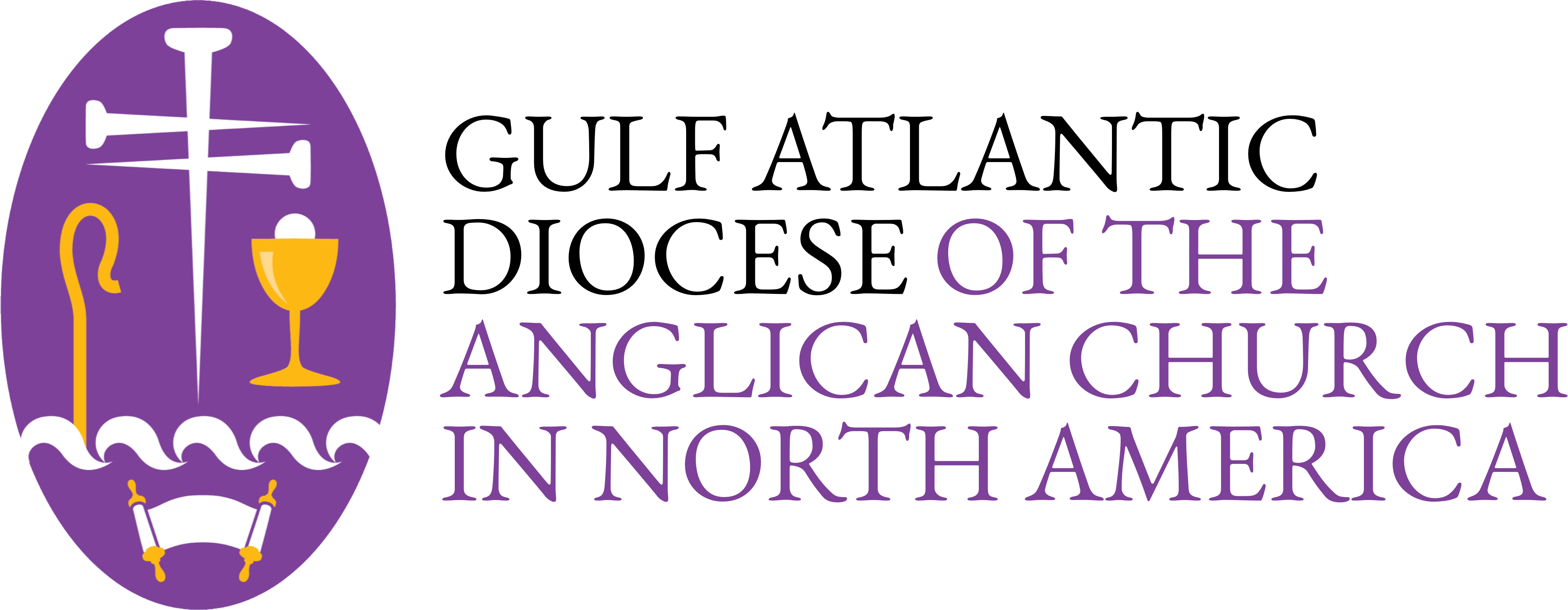
THE FIRST SIGNPOST
The first signpost to catch my attention is the one our Zin Canyon hike underscored. It might read:HELPLESSNESS IS HELPFUL!
Saved from the final plague of the angel of death by the blood of the sacrificial lamb over their doorposts, the people of Israel set out in haste to finally escape their slavery in Egypt. God himself leads them on their way by means of the pillar of cloud by day and the pillar of fire by night.
And where does God lead them? Safely, quickly and efficiently led into the Land of Promise? No. Not so fast. He leads them into a dead end. The sea is before them. The enemy is closing in behind them. They mass into a chasm under an enemy watchtower and in the shadow of a demon god. And as night falls, we are told, the people panic. All these details unfold in Exodus 14. Anyone reading this is at least a little sympathetic. The people cry out to God, and they wail to Moses.
What’s up with this? God leads them into a dead end? God leads people into dead ends? Into helplessness? Into places where they are tempted to lose hope and to believe that there is no possible ending to the story but a tragic one? Yes. And he explains why. At lease twice God says his glory will be displayed in this dead end. The Egyptians need to know that the God Moses proclaimed is the one true God, clearly proving himself sovereign over their pantheon of demon gods. But as the sea parts, ending Israel’s despair, God’s glory is unmistakably clear to his own people, too! Throughout the rest of the scriptures, generation after generation is exhorted to look back to the Exodus and to shore up their flagging faith by remembering God’s glory displayed in the parting of the sea. The point is clear: No one is helpless whose God is the God of Israel.
At the end of his life, on the far end of the wilderness wanderings, Moses writes a song and instructs that the people memorize it. It serves as a warning and a hedge against the rebellion he fears will come when they are settled comfortably in the Land. In it is a surprising analogy-a tiny but profound picture of the helplessness God imposes on his people for the sake of his glory. Speaking of the people of Israel, Moses says this: “Like an eagle that stirs up its nest, that hovers over its young, so the Lord spread out his wings and took him he lifted him up on his pinions.” (Deuteronomy 32:11 NET)
That seems tame enough. A mama or a papa eagle tending its nest, carrying its babies on the wing, sounds sweet and domestic. But it is actually quite a violent image. I did some research, and I watched many videos showing what happens when an eagle “stirs up its nest.” The parent eagle literally pitches the young eagles out! If the young eagle has hopped out on a branch, it gets repeatedly dive-bombed by its parent until it careens headlong toward the ground, flapping its useless wings. Then the parent flies under it, restores it to the nest, but the process is repeated! To the young eagle this must seem like heartless, senseless violence, and caused by the one who is meant to protect them! It is pathetic to watch them protest and struggle and cling desperately to the safety of the nest or branch as mama seems to attack them relentlessly with great force and speed. But through these seemingly terrifying and useless freefalls, the muscles the eagle needs for real flight are developed, and because of them, he learns to fly.
Moses’ analogy seems to be saying that God not only allows, but also sometimes engineers our helpless situations so that we would see his glory and learn to be what he has intended us to be … his trusting children, through whom his glory can be displayed.
It is a source of wonder to me that just after Jesus has opened the subject of his coming death, the transfiguration occurs, when Moses and Elijah appear to speak with him. Luke 9 puts it this way: “Suddenly, two men, Moses and Elijah, appeared and began talking with Jesus. They were glorious to see. And they were speaking about his exodus from this world, which was about to be fulfilled in Jerusalem.” (Luke 9:30-31 NLT)
The Father sends Moses to speak with Jesus about the coming “exodus”, the very picture of God turning helplessness to glory. Does Moses remind Jesus that God’s seemingly fearful dead ends display the Father’s power? When Jesus prays in agony in Gethsemane, anticipating the terrifying dead end of death that awaits him, he casts himself on the Father saying, “I want your will to be done, not mine.” (Luke 22:42) And John records Jesus as saying, “Glorify your Son so he can give glory back to you.” (John 17:1 NLT) Is he remembering Moses, and the glory of deliverance God accomplished beyond the dead end of the exodus?
And what of our dead ends? Where are our lives most frightening, or perhaps just hopeless seeming? What in our circumstances renders us most helpless … panicky … like Israel in their dark dead end at the Red Sea? What situations make us question God’s goodness, or even make it seem like he’s hostile towards us… tossing us overboard, out of the safety of the nest?
Is there a situation that makes you feel more like God’s victim than his child? Can you picture just one? Which one is the worst? Can you imagine it now as the dead end of the Red Sea? What does the Lord of the Scriptures want you to do in that dead end? With our dead ends in focus, will we refuse to turn against God, or will we turn away from him, because of the pain? Can we agree to be in this moment in the story and invite him to be glorified in it, as Jesus does? HELPLESSNESS IS HELPFUL. He intends it for our ultimate good, and his glory.
